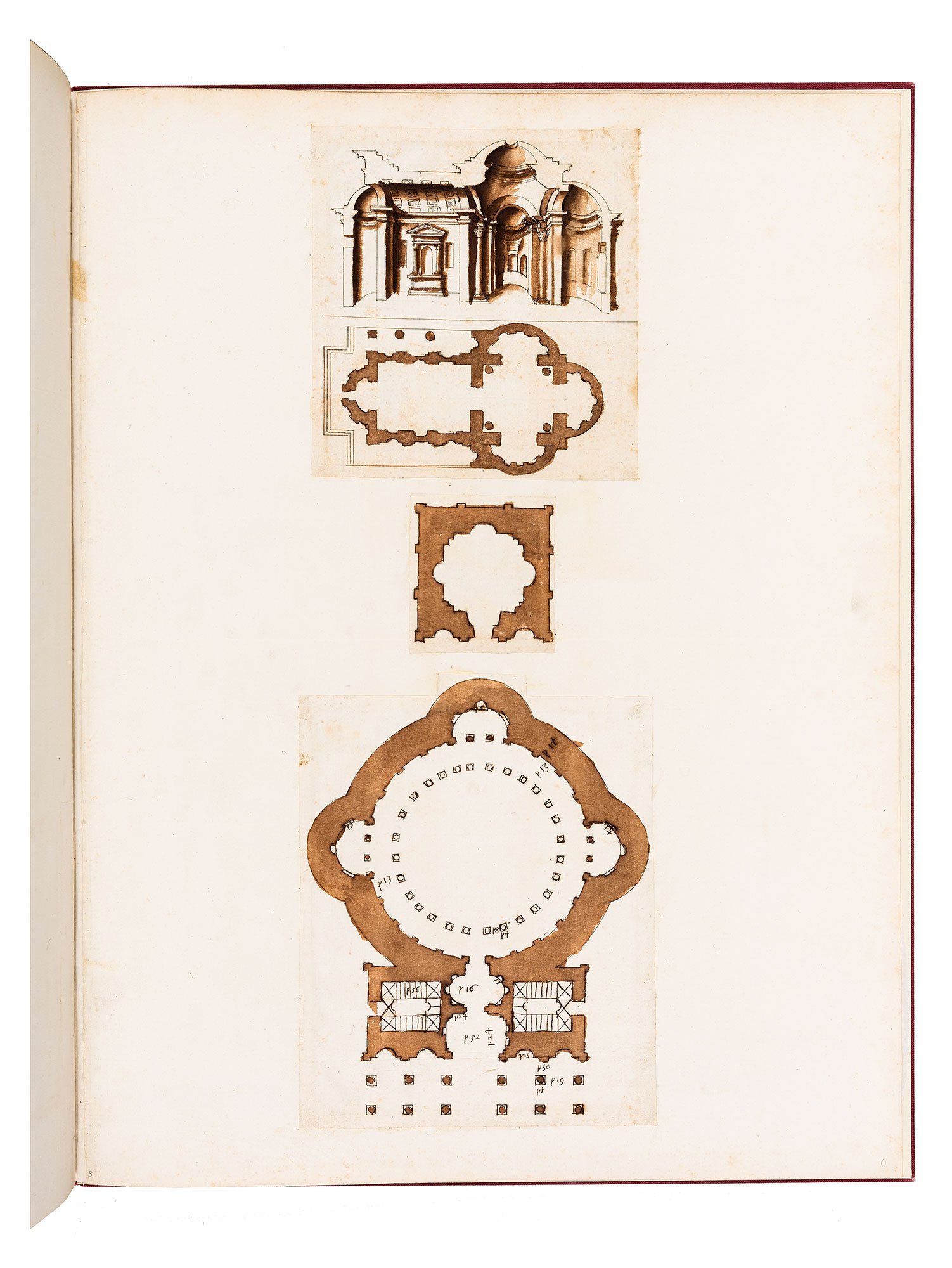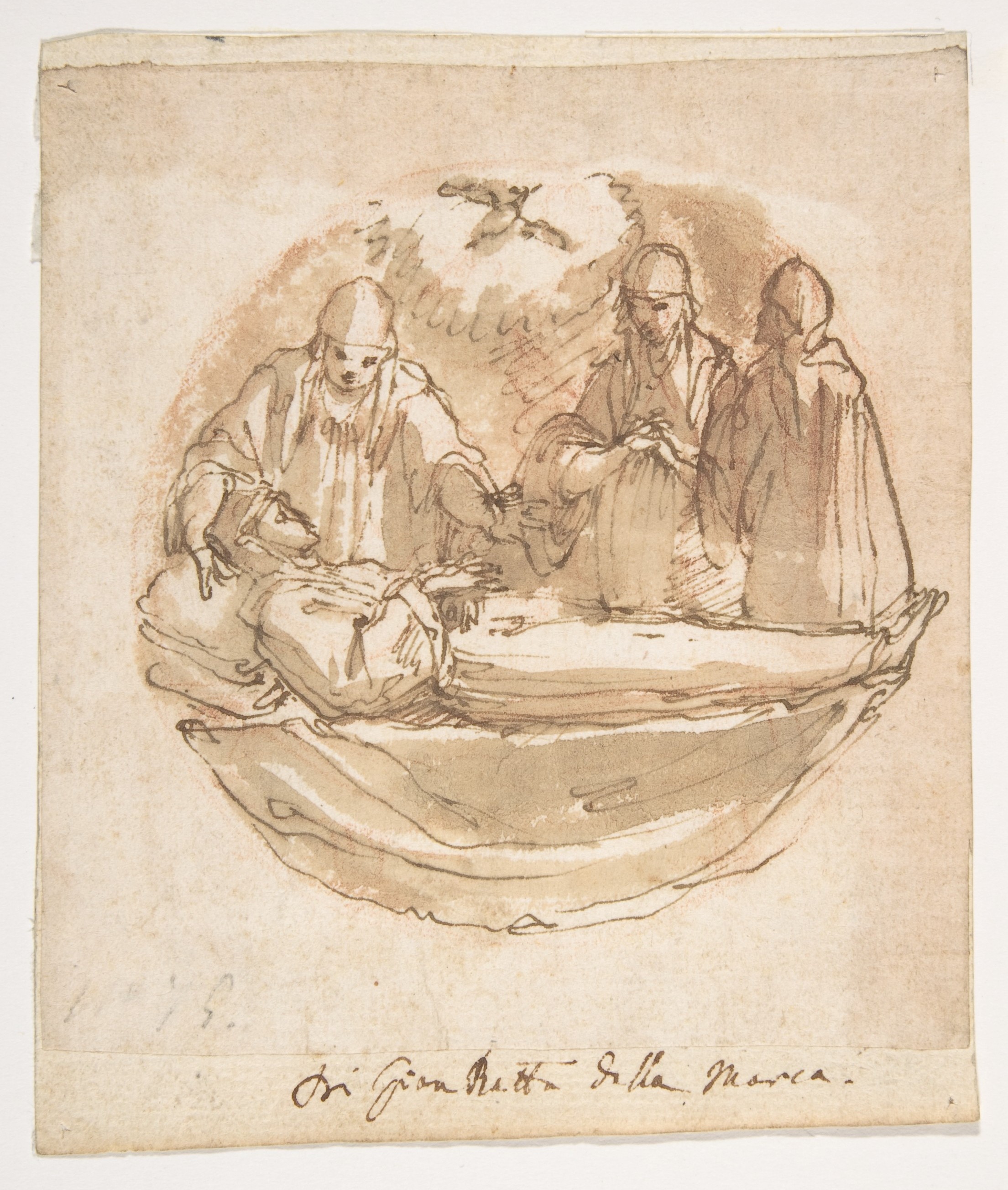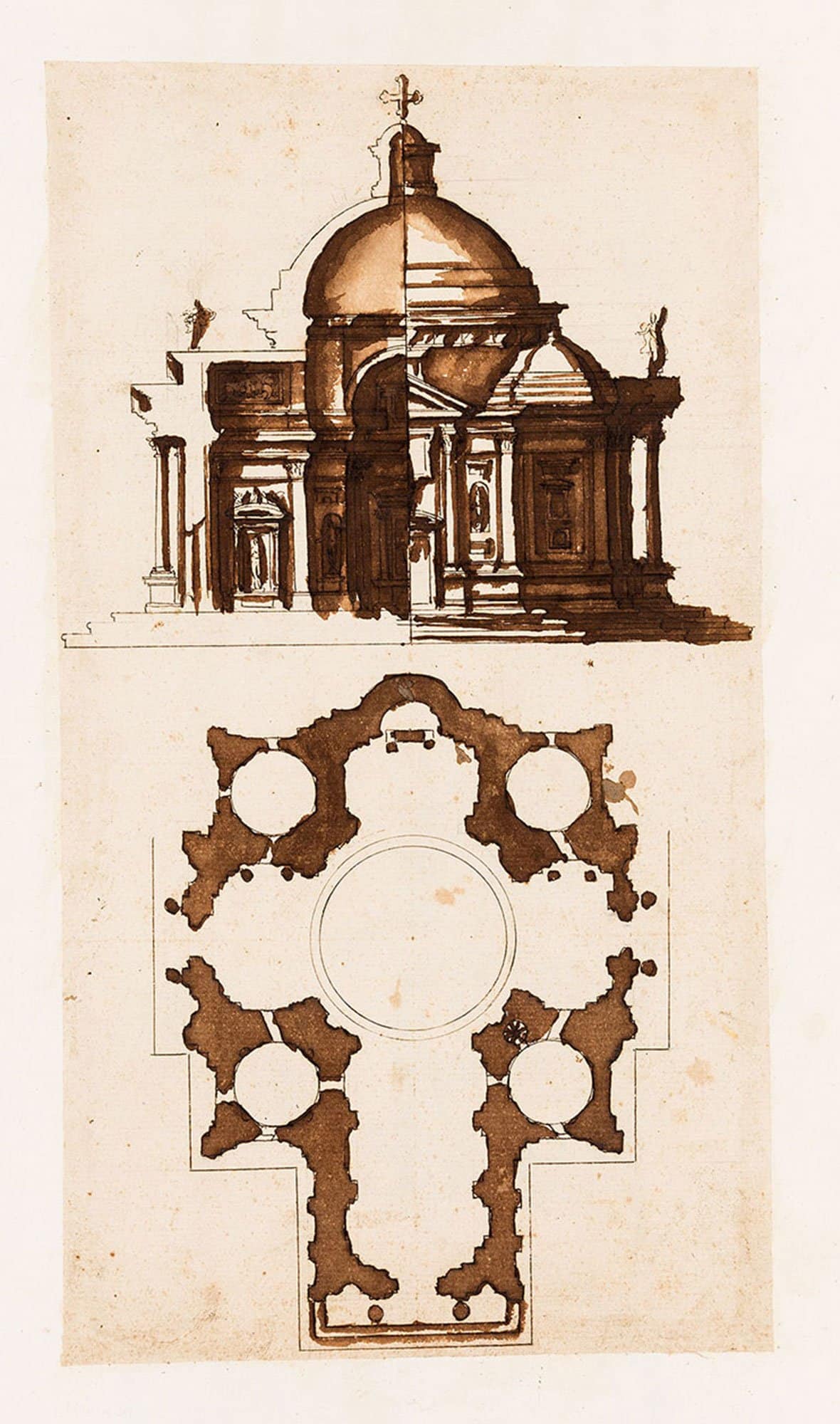
Architettvra con diversi ornamenti cavati dall'antico Montano
Giovanni Battista Montano (1534-1621), who was born in Milan and trained as a woodcarver, relocated permanently to Rome in the early 1570s where his interest in sculpting was replaced by intense study of the city's antique monuments and ruins.

Más de 25 ideas increíbles sobre Orden corintio en Pinterest
The great Villa constructed by the Emperor Hadrian near Tivoli between A.D. 118 and the 130s is one of the most original monuments in the history of architecture and art.

[Candelabro]
Other artists include Giulio Benso, Giovanni Battista Tiepolo, Giovanni Benedetto Castiglione, Salvatore Rosa and followers of Veronese and Tintoretto. Follower of Bartolomeo Passarotti (Bologna, 1529-1592), head of Laocoön. Pen, dark brown ink over black chalk with some wash on off-white paper with black chalk marks at the bottom, 7 9/16 ×.
Korintisch portiek met variant voor rechterhelft, Giovanni Battista
Posse, Hans. "Der Triumph der Amphitrite von Giovanni Battista Tiepolo." Zeitschrift für bildende Kunst 61 (1927-1928): 370-372, repro. 373. 1931 Venturi, Lionello. Pitture italiane in America. Milan, 1931. Translated as Italian Paintings in America. 3 vols. New York and Milan, 1933: 3:pl. 587.
Siervaas met mascarons, Giovanni Battista Montano (possibly), 1544
Giovanni Battista Montano (1534-1621) was an Italian architect, designer and engraver of primary importance as a recorder of Antique Roman architectural remains. Early life Montano was born in Milan and trained primarily as a sculptor and a wood carver.

Ink on his Hands Montano’s Visceral Roman Architectures Drawing Matter
In 1603, Montano acquired his own house in via di Marforio. Working alongside his son Leone from 1598, numerous apprentices requested to train in Montano's workshop; one of these was Giovanni Battista Soria (1581-1651). Montano died in Rome in 1621 and is said to have "left behind him many beautiful works of architectural drawings."

Giovanni Battista Lombardelli (Giovanni Battista della Marca, "Il
Montano, Giovanni Battista (1534-1621). Italian architect, of primary importance as a recorder of Antique Roman architectural remains. Engravings were made of his drawings by his pupil G. B. Source for information on Montano, Giovanni Battista: A Dictionary of Architecture and Landscape Architecture dictionary.

Chiesa di San Giovanni Battista di Affrico Parrocchia Di S Maria D
Montano, Giovanni Battista, 1545-1621. Publication date 1628 Topics. (Giovanni Battista), 1581-1651, editor; David, Jérôme, approximately 1605-approximately 1670, engraver Bookplateleaf 0002 Call number 222256 Camera Canon EOS 5D Mark II External-identifier urn:oclc:record:1085667838

Ink on his Hands Montano’s Visceral Roman Architectures Drawing Matter
Giovanni Battista Montano (1534-1621), Volume of imaginative reconstructions of temples and mausolea of Ancient Rome, with some details of orders and decorations; a number of drawings reproduced in Scielta di varii tempietti antichi, published by Montano's pupil Soria (see no.123) and in Book III of Li cinque libri di architettura di Giovanni Battisto Montani Milanese, published by G. J. de.

[Capitel jónico]. Montano, Giovanni Battista 15451621 — Dibujo — 1610
Giovanni Battista Montano (1534—1621) Quick Reference (1534-1621). Italian architect, of primary importance as a recorder of Antique Roman architectural remains. Engravings were made of his drawings by his pupil G. B. Soria, the first volume published as Scielta di varii tempietti antichi (Selection of Various Antique Temples—1624.

Design for a Tabernacle National Galleries of Scotland
Giovanni Battista Montano was an Italian architect, designer and engraver of primary importance as a recorder of Antique Roman architectural remains.

Figure 54 from Giovanni Battista Montano as Architectural Draughtsman
Giovanni Battista Montano (Italian, Milan 1534-1621 Rome) 1636. Nouveau Recueil des Troupes Legeres de France Levees depuis la presente Guerre, avec la date de leur creation, le nombre dont chaque Corps est compose; leur Uniforme & leurs Armes. P. B. La Rüe. 1747.

Giovanni Battista Montano The Art Institute of Chicago
"Montano, Giovanni Battista." In The Dictionary of Art, edited by Jane Turner, vol. 22, 4-5. New York, 1996. Thieme, Ulrich, and Felix Becker. Gesamtregister: Register zum Allgemeinen Lexikon der bildenden Künstler von der Antike bis zur Gegenwart und zum Allgemeinen Lexikon der bildenden Künstler des 20.

Sketches (4 on 1 sheet) of ancient Roman tomb stones Montano
Santa Maria della Vittoria (English: Saint Mary of Victory, Latin: S. Mariae de Victoria) is a Catholic titular church and basilica dedicated to the Virgin Mary in Rome, Italy.The church is known for the masterpiece by Gian Lorenzo Bernini in the Cornaro Chapel, the Ecstasy of Saint Teresa.The church is in the Rione Sallustiano, on number 98 via XX Settembre, where this street intersects with.

Architettvra con diversi ornamenti cavati dall'antico Montano
Studies for Prophets in Spandrels, c. 1555. Aurelio Luini. Seated Youth: Study for Flagellation of Saint Andrew, c. 1608. Domenichino. David with the Head of Goliath, 1591/93. Giuseppe Cesari. Presentation of the Body of Saint Antoninus of Florence, 1589/90. Giovanni Battista Paggi.

[Orden jónico]. Montano, Giovanni Battista 15451621 — Dibujo — 1610
Giovanni Battista Montano (1534-1621), who was born in Milan and trained as a woodcarver, relocated permanently to Rome in the early 1570s where his interest in sculpting was replaced by intense study of the city's antique monuments and ruins. Although Montano carried out several sculptural and architectural projects during his time in Rome, it.